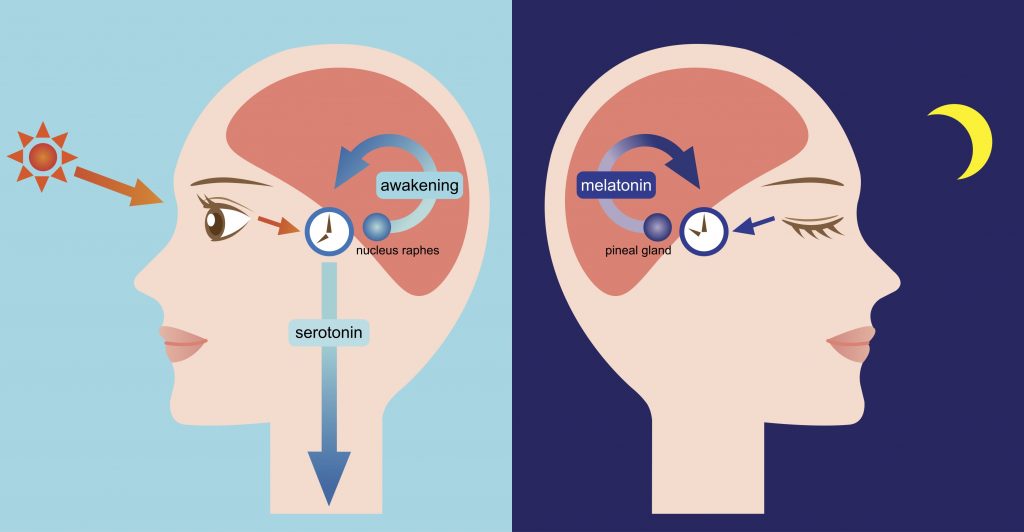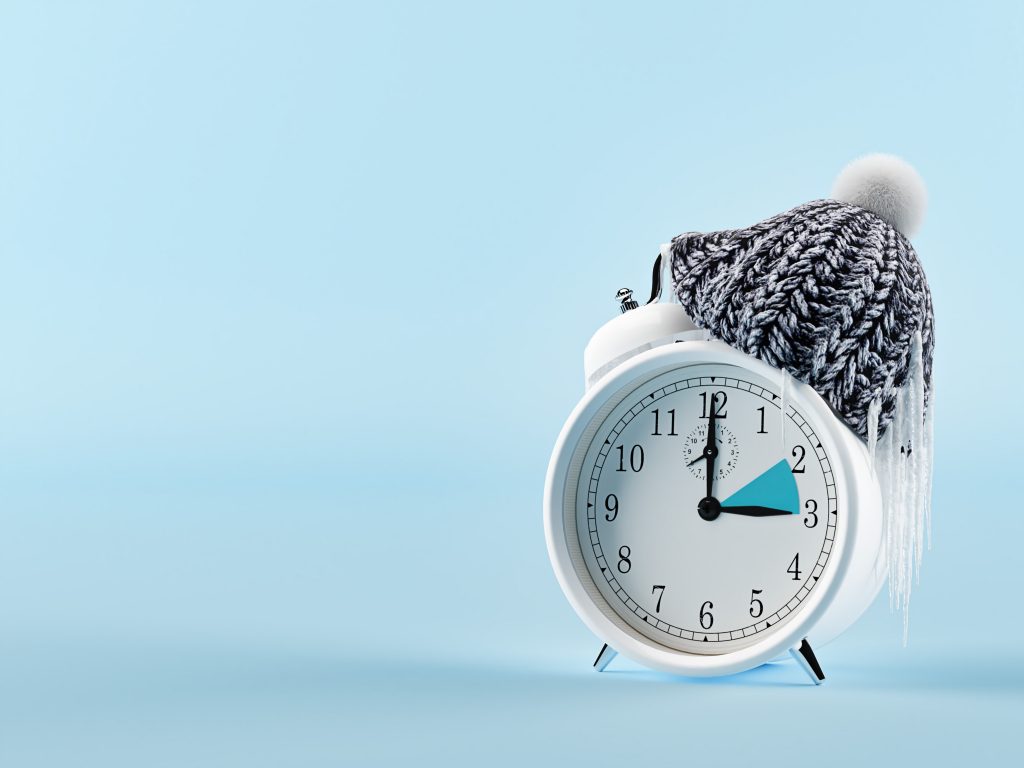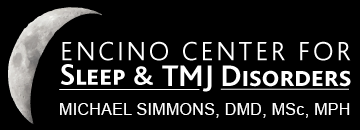Understanding Your Sleep Cycles
When you slip into your slumber for the evening, there are numerous factors that play a role in the quality of sleep you experience throughout the night. Are you restless, or restful? Will you wake up several times throughout the night, or sleep soundly? How synchronized are you with your circadian rhythm?
Elements that Define Sleep Quality
Here are a few elements that determine the quality of your sleep:
Circadian Rhythm – Your circadian rhythm is your body’s internal clock. It lets you know when you should start powering down for the night and it’s the reason you might wake up one minute before your alarm goes off.
It’s also affected by light. When the sun sets and rises, the light — or lack thereof — sends a signal to your brain that it’s time to wake up or start slowing down to get ready for bed soon. When you go to bed and wake up at the same time every day, your body will adapt to the routine so you’ll have restful nights followed by refreshing mornings.


Time Changes – If you live in one of the 47 states that participate in daylight savings time, you know that when the clock turns forward or back, it can take some getting used to. The same goes for when you travel and experience jet lag. The sudden time shifts can throw off your sleep schedule and leave you feeling jet-lagged.
Seasons and Surroundings – As the seasons change, the temperature can shift inside your house, making it more challenging to fall asleep. If temperatures are too warm or cold, you’ll find yourself tossing and turning. The ideal temperature is on the cooler side. This allows your body to enjoy the benefits of your deepest levels of sleep.
Watching TV or working from bed may cause your mind to associate the bed with these activities, instead of just sleeping. You may also want to start a nightly routine that doesn’t include technology because the blue light can affect your sleeping patterns.


Alcohol and medications – Alcohol and other sedatives may help you fall asleep, but they won’t keep you in your slumber. As the night progresses and the effects wear off, your sleep will become lighter and you may find yourself in and out of consciousness. Therefore, the quality of sleep you experience will not be the same as it would with a sober night of rest.
Other medications may have the opposite effect, keeping you up for the first half of the night until you fall asleep out of pure exhaustion. Diet pills, some antidepressants, and ADD/ADHD medications are considered stimulants that may leave you feeling restless.
Stress and mindset – Whether you’ve experienced a life-changing event, or just a bad day, you may find that your mind is racing and you can’t calm it down. You can help clear your mind by practicing breathing exercises, yoga, or meditation.


Diet and exercise – Sticking to a healthy diet that’s low in sugar and fat will help ensure you’re on the road to a peaceful night’s sleep. It’s especially important to avoid foods that are high in fat, sugar, and caffeine prior to bed as they can cause your sleep to be fragmented.
Exercise aids in restful sleep because it tires you out and produces endorphins, which improve the quality of your sleep.
Napping – Napping can be helpful if you’re sleep-deprived. However, napping longer than 30-60 minutes or after 3:00 pm may make it difficult to sleep when it’s time.

Cycles of Your Slumber
Sleep is a natural way for our minds to process the day’s events and for our bodies to restore to their strongest potential — that is, if you get a good night’s sleep. Throughout the night you’ll experience several cycles of sleep.
Each cycle consists of four stages that contain periods of REM or non-REM. Here’s an explanation of the four stages:
Stage N1 – Non-REM – You’ll experience decreased alertness and light sleep. Your heart rate, breathing, brainwaves, and eye movements slow. Your muscles also relax and you may experience some twitches.
Stage N2 – Non-REM – The body’s processes slow down even further. Heart rate, breathing, and muscles are more relaxed, body temperature drops, and eye movement stops. Brain wave activity continues to slow down but has an occasional burst of electrical activity.
Stage N3 – Non-REM – This is the most important stage of sleep that will leave you feeling rested in the morning. Heart rate, breathing, and brainwaves are at their slowest, and muscles are relaxed. It may be difficult to arouse someone in this stage of sleep.
Stage R – REM usually first occurs about 90 minutes after you fall asleep. Even though the brain is more active, your arms and legs become temporarily paralyzed. Most of your dreaming will occur in REM. Eyes are closed but move rapidly. Breathing, heart rate, and blood pressure are less regulated. The first period of REM lasts only ten minutes, and these REM periods repeat about every 90 minutes with increased time in REM and the final stage can last up to an hour.
Dr. Simmons is Here to Help
Many of the factors that contribute to sleep quality can be trained and harmonized so you can wake with newfound energy and zest for life. Dr. Simmons has decades of experience in improving the quality of sleep for people who need it most.
He’ll work with you to determine which habits need to be addressed and provide treatment options that are tailored to your needs. Give our Encino, CA office a call at (818)-300-0070 and start to feel the benefits of a good night’s rest.
Dr. Simmons is an American Dental Association recognized specialist in orofacial pain and has a Master’s Degree in Sleep Medicine from a leading international medical school sleep medicine program. Dr. Simmons is also double-board credentialed in both orofacial pain and dental sleep medicine by the two leading internationally recognized credentialing organizations in these two fields of study. With his decades of experience and extensive education, you can expect your evaluation to be very thorough so we can find a treatment that serves you best.
